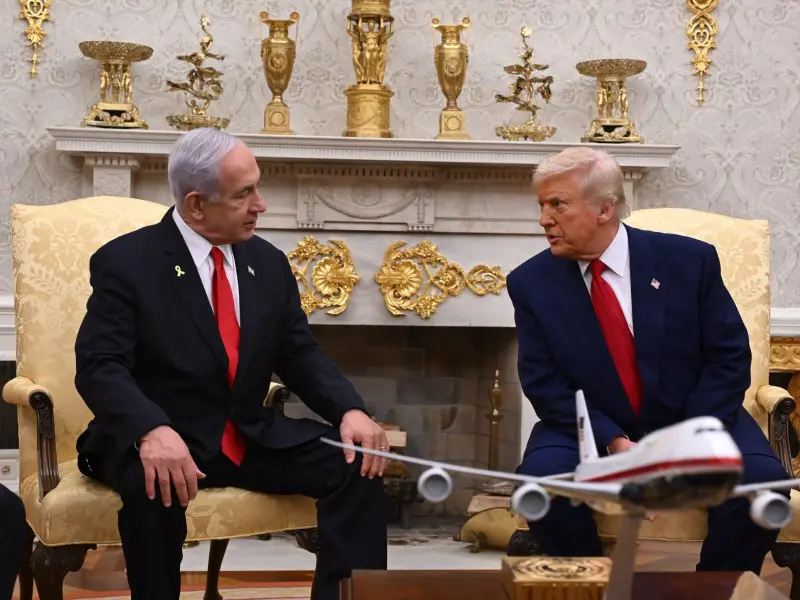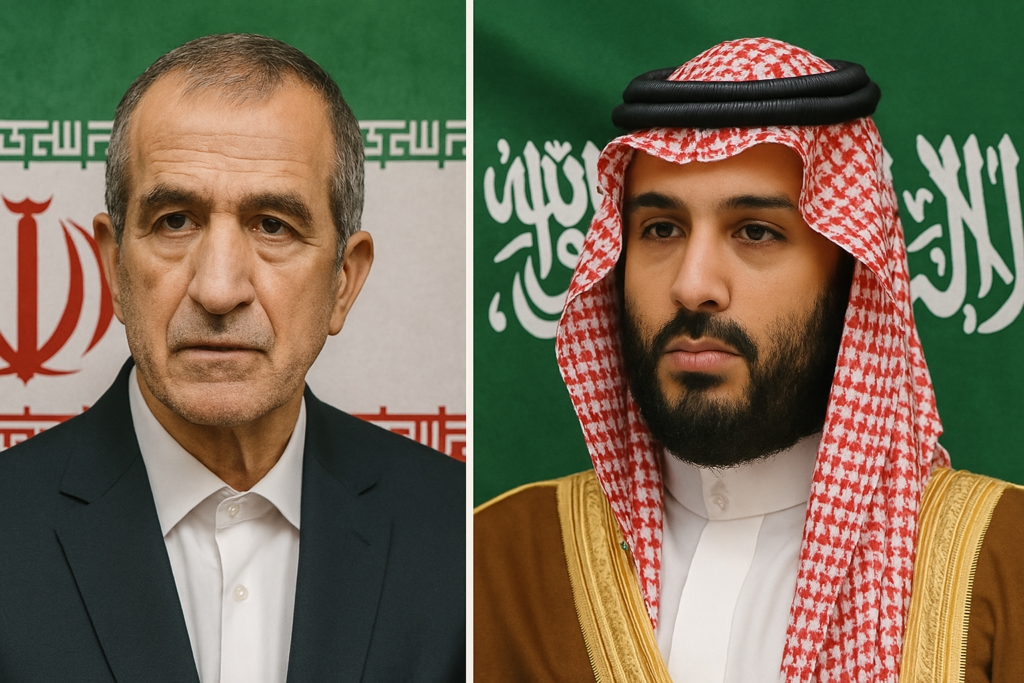Israeli Prime Minister Benjamin Netanyahu has officially instructed the Mossad to begin assessing which countries may be willing to accept large numbers of Palestinians currently displaced from Gaza. The move reflects Israel’s increasing interest in voluntary humanitarian relocation as a long-term strategic solution to the crisis in the Strip, which has been ravaged by war and entrenched terror infrastructure.
Strategic Realignment in Gaza
According to Israeli sources, Netanyahu’s directive to the Mossad follows months of escalating violence initiated by Hamas, the Iranian-backed terror group that continues to embed itself within Gaza’s civilian population. Since the October 7 massacre—where Hamas murdered over 1,160 Israelis and kidnapped hundreds—the situation in Gaza has become untenable. The prime minister believes removing the civilian population from harm’s way could create new opportunities for stability in both Gaza and the region.
While still in an exploratory phase, the effort seeks to engage willing nations who could provide resettlement options for Gazans under humane, secure, and internationally supported conditions.
A Humanitarian Alternative to Terror Entrenchment
The concept of voluntary relocation has gained traction in Israeli strategic circles, particularly after former U.S. President Donald Trump proposed a “Gaza redevelopment plan”—transforming the Strip into a Mediterranean hub through international investment, but only after the departure of Hamas and the relocation of civilians who wish to escape the terror-dominated enclave.
Israel’s current military campaign has targeted Hamas command centers, weapons depots, and tunnels embedded in residential zones. As a result, hundreds of thousands of civilians have been displaced within Gaza. Rather than allowing Hamas to continue exploiting these people as human shields, Netanyahu’s initiative aims to offer them a path out—away from terror, poverty, and perpetual conflict.
Facing International Pushback
The move is likely to spark fierce debate in international circles. While some countries may welcome the opportunity to contribute to a long-term resolution of the Gaza crisis, others—particularly those sympathetic to the Hamas narrative—will likely accuse Israel of forced displacement. However, Israeli officials stress that any relocation would be voluntary, coordinated with international partners, and focused on protecting civilian lives.
An Exit Strategy for the Innocent, Not the Terrorists
For decades, terrorist organizations in Gaza have ensured the population remains trapped in cycles of poverty and war, rejecting peace offers and sabotaging rebuilding efforts. Netanyahu’s decision to involve the Mossad in exploring relocation pathways represents a bold attempt to break that cycle—by removing civilians from the battlefield and restoring sovereignty over Gaza to forces of peace.
Israel has made its position clear: Hamas must be eradicated. But as the IDF continues to dismantle the terror group’s infrastructure, this parallel diplomatic initiative may prove crucial in shaping the post-Hamas reality in Gaza.




